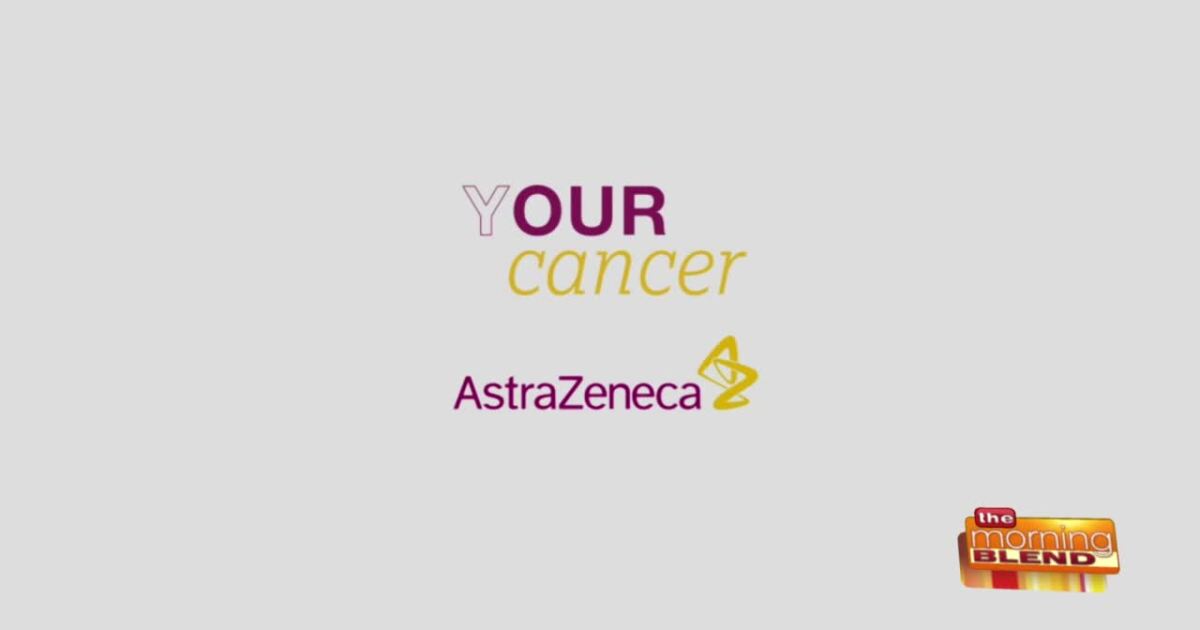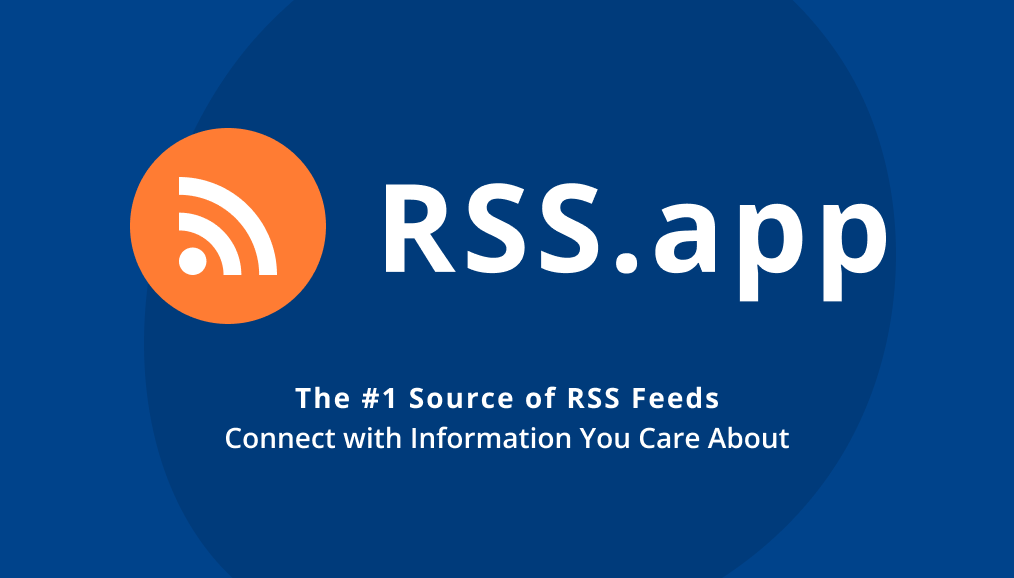Former ABC News anchor Dan Harris turned a panic attack on national TV into a learning and teaching experience about how minds and mindfulness work. The explorations it kicked off inspired his book, podcast, and meditation app called Ten Percent Happier.
Most recently, his deep dive into all of it led him to India to meet with the Dalai Lama himself to develop The Dalai Lama’s Guide to Happiness. It’s a 10-day meditation challenge—with a video each day that also includes insights from neuroscientist Richard “Richie” Davidson, Ph.D. and Zen Buddhist teacher Roshi Joan Halifax—that’s free on the Ten Percent Happier app.
It wasn’t the first time Harris interviewed the Dalai Lama. And it was hardly Harris’ first time thinking about the topics. Yet, it was far from same-old, same-old, especially when Harris and team stuck around to film parts of a Compassionate Leadership Summit. We caught up with him to explain what happened and what it taught him about happiness:
You have said you were surprised by what happened when you made this challenge. What didn’t you expect?
Harris: I was not expecting to witness the Dalai Lama be challenged by this young activist, Ronan Harrington. He basically called the Dalai Lama out for being naive and repetitive and talking about oneness and compassion in a way that that this activist thought did not apply to his life in the cold and cutthroat world.
I didn’t expect to see that happen. And I kind of sided with Ronan in the moment. But later, and after talking it through with Richie and Roshi Joan, I realized that actually, the Dalai Lama is saying something really important but easily missed, which is that he’s not going to give you tactical advice for your various life challenges. What he is going to do is consistently point out that no matter what’s happening in your life, if you can cultivate an inner attitude of warmth, of generosity of concern for other people—no matter how difficult they are—that will just help you navigate your challenges more easefully.
But how can you have compassion for someone who’s doing something horrible?
There are a couple of things. One, nobody’s calling this easy. But it is a skill that you can train. And it’s best to start that training in meditation, not with you know, Hitler, or Pol Pot or something like that. You should start with somebody who’s mildly annoying, and work your way up to, to the more truly difficult people.
A second thing to understand is that concern for the well-being of difficult people does not mean condoning their actions, or inviting them over for dinner. It means simply recognizing that in a world where we all are the products of a vast and incalculable soup of causes and conditions, that they have their past traumas and their conditioning that are producing their current actions.
You don’t have to like it or approve of it; you can even forcefully oppose it. But you can understand that it is quite possible that if you were in their shoes, you’d be doing the same dumb shit.
And that does not make you soft. Unbridled rage—there’s a reason for expressions like seeing red—is not seeing clearly. Anger can be very motivating and important to a point. But what you really want is to be able to see things clearly so that you can respond effectively. And that’s what this mindset that the Dalai Lama is talking about is really all about. It’s not about being a doormat, it’s about doing what truly is in your enlightened self-interest.
So how does this make you happier?
One of the old contemplative cliches is that holding a grudge is like taking poison and hoping the other person dies. You know, anger, resentment, fury, rage—they do have their purpose to an extent that, if you’re paying attention, it’s toxicity rushing through your veins. And it’s not a state of happiness. And so how would you rather go through this very limited life?
In other words, this life is short, and we don’t know when it’s going to end. How do you want to spend your limited time: Stuck in a cul-de-sac of toxic rumination or de-clenched and with a larger view that, again, does not condone the behavior of people who’ve done you wrong, but understands that everybody’s acting out their shit; everybody’s acting out their conditioning. And if you can see it from that kind of 10,000-foot view, then everything just seems a little bit less loaded. And your nervous system can relax. And that is the kind of abiding contentment that that I think the Dalai Lama is pointing to when he uses a word like “happiness.”
How is striving for happiness not a selfish pursuit?
it really comes down to an understanding of what happiness really is. You know, it’s a very misunderstood word, the very roots of it— “h-a-p”—that’s the same root of the word hapless or haphazard so it connotes a kind of luck, which really speaks to our cultural ambivalence about the notion.
And when we use the word happiness, often it conjures up rainbow-barfing unicorns or throw pillows that say “live, laugh, love” on them. It’s either cliched or wrapped up in a kind of self-centered joy that might be accompanied by winning the lottery or getting a lot of likes on an Instagram post.
But that is a really narrow understanding of happiness. I think a more capacious or broad understanding of happiness is really kind of aligning yourself with how our species was designed. We were designed via evolution for connection, cooperation and collaboration, communication, and compassion. Because we are, as the Dalai Lama said, social animals. We became the apex predator on planet earth not because we were the strongest, but because we had this capacity to work together and take down the mastodon as a group.
And so if you understand these basic, scientifically validated facts about how you are designed, and align yourself with that—in other words, getting better at having positive relationships, including with yourself—well, that is real happiness.
So did your time with the Dalai Lama inspire you to change anything when you got home?
I’m in a funny position vis-a-vis the Dalai Lama for a bunch of reasons. One is that I’m a secular skeptical person…I was raised by atheists and spent many years as a reporter covering bad gurus and religious authorities who abused their power. And yet, over the years since I first met the Dalai Lama back in 2011, I’ve grown and changed a lot. I’ve written a couple of books about meditation, I host a twice weekly podcast about happiness and meditation, and I am in the middle of writing a book about love.
So I’ve changed, but not completely. I’ve retained some skepticism, although I’m more open than I used to be. And one of my little inner struggles is that I’m now utterly convinced by the science that the quickest route to happiness is compassion. And yet, I am keenly aware, through my own meditation practice—which, you know, gives you a front-row seat at the machinations of your own mind—of how selfish I remain. I’m a very ambitious person and I sometimes worry in my darker moments that maybe this is incurable, or I’m a fraud.
But it was reaffirmed for me by seeing the Dalai Lama and being with him that, as he very clearly says, compassion does not require you to forget your own interests. In the end, this dichotomy between compassion and self-interest is a false one, and that taking care of yourself can help you be of more service to others. I kind of think about it as a beneficial double helix instead of this false binary between selfless and selfish. I knew some of that going into this trip, but it really reaffirmed it for me.
This interview has been condensed and edited. Find out more about what went on behind the scenes when Dan worked with the Dalai Lama in a 5-episode series on his 10 Percent Happier podcast.

Marty Munson, currently the health director of Men’s Health, has been a health editor at properties including Marie Claire, Prevention, Shape and RealAge. She’s also certified as a swim and triathlon coach.









